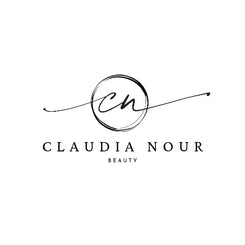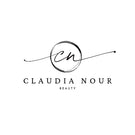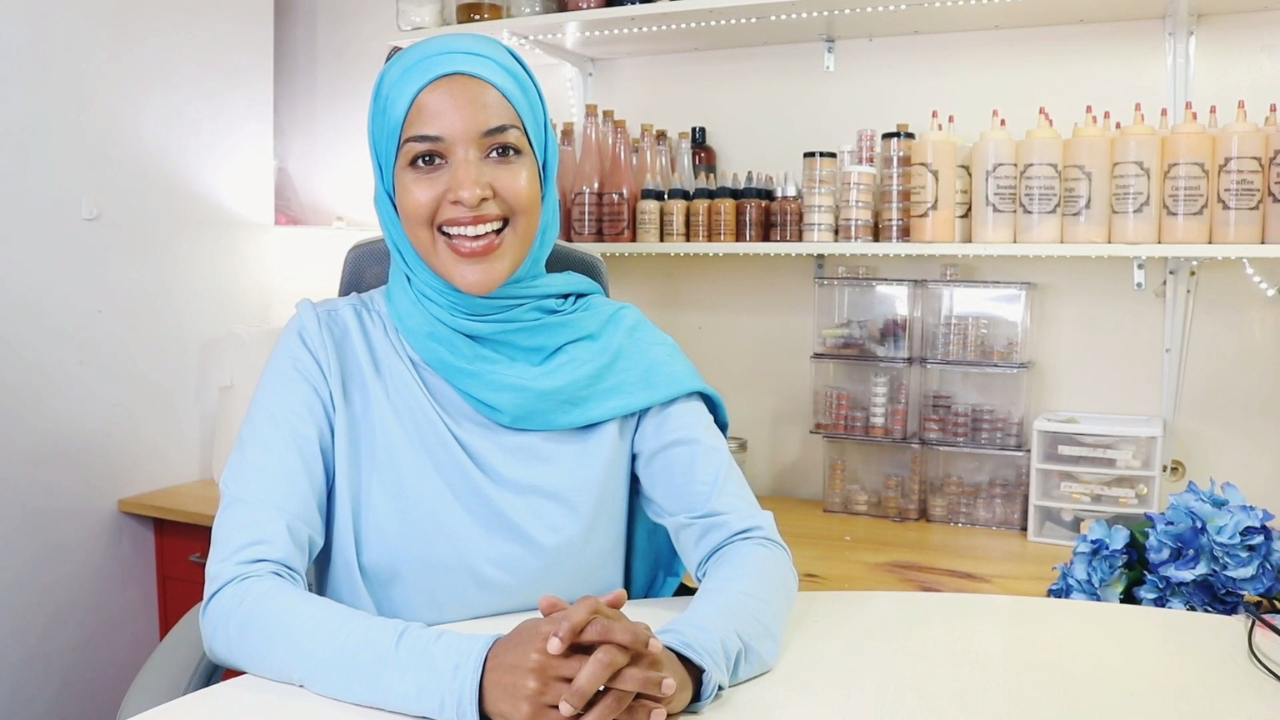Why should I explain to you the ingredients I avoid when I make my cosmetics?

Well because the word natural can mean a lot of different things,
And I want to be real specific with you sis, so specific that you feel like you are the one making all this stuff with me!
Because reading labels is as fun as watching two worms having a race, and I want to release you from the label-reading-ingredient-investigating problem that comes with purchasing makeup online.
SILICONES
I challenge you to take any cosmetic product you have and look at the ingredients, in almost all of them you will find silicones (except in ours, of course) .
Silicones can go by many different names, if you want to learn to spot them, just look at the last three letters of any ingredient, if it ends in -one,it is a silicone) so why do so many cosmetic companies use them?
And why do I choose to kick them out my little cosmetic house and shut the door on them?
Although silicones are considered to be a low hazard ingredients, it's long term effect on the behaviour of our skin leaves a lot to be desired. Yes they feel luxurious and they can make your skin feel smoother, but this is a surface effect, it is not actually improving the skin.
Silicones can form a seal on the skin, which is good for companies that want to have products claim longer lasting benefits, but this means that your skin is under a layer that will not let it breath, that will hold in sweat, bacteria, dead skin and debris.
So although they are water resistant, (which just adds to it's benefits for the companies using it,) for many, and in our case, muslim women who are trying to fulfill their prayers, having a layer of plastic wrap on our faces is a big no, no.
This seal on our skin can lead to many problems, including acne and dull skin, also the skin being dehydrated because moisturizing and beneficial ingredients can't properly reach it.
Want to learn a litte more about silicones? Read here to see how you can spot them in your cosmetics!
CARMINE
Let's talk about a little insect, the Cochineal Beetle, more specifically the female Cochineal Beetle, whose body is used in many, many cosmetics.
Why would an insect be used in cosmetics? to color them red.
The Cochineal Beetle is found on Mexico and Central America, he feeds on cactus, and when harvested, it's body is crushed to make a very bright red dye that is used not only to make reds, but pinks, peaches and purples.
This extracted dye is called Carmine, and it can make it's way not only to your lipstick and cosmetics, but food and snacks as well. (yeah, yuck!)
For muslims, eating insects like beetles is not permissible, so this is one ingredient that you will not find in any of our products!
If you want some help in spotting this ingredient look for these names in the ingredient label:
COCHINEAL, CARMINE (COCCUS CACTI L.) ; CARMINE 5297; CARMINE ULTRA-FINE; CARMINIC ACID; CARMINIC ACID LAKE; NATURAL RED 4; B ROSE LIQUID, E120

ALCOHOL
This one seems like an obvious one, obviously.
There are many debates about whether alcohol is good in skin care, and there is are different views from the Islamic perspective about its use in cosmetics, here at Claudia Nour Cosmetics, I avoid alcohol in all my products.
Now, not alcohols are the same, and there are some that in their molecular structure are not even an intoxicating substance (like Cetyl alcohol or Cetearyl alcohol), so if you see this in any of your skin care or makeup, you can rest easy, since these are halal.
But I am confident that a natural approach to skin care is perfectly achieved without needing alcohols, and as Muslimahs we have peace of mind when leaving out ingredients that have differing views as to its permissibility.
NANO-PARTICLES

Nano particles are a new addition to Mineral makeup science, but it is an addition that is not welcomed here, because nano particles are TINY, about 10,000 nanoparticles could fit across the width of a single strand of human hair, for this reason, studies have been made to see just how will this tiny particles behave in our body.
This is an excerpt from The Enviromental Health News website:
"Past studies show nanoparticles in cosmetics can be absorbed through the skin or breathed in through the nose and mouth. Once in the airways, particle size may determine where they end up. Generally, the smallest can go deep into the gas exchange area of the lung, larger aggregated ones in the windpipe or bronchial tubes, and the even larger agglomerates in the head via the nose."
Cosmetic companies like to use nano particles because it gives a more airbrushed look to powders and other makeup. but for me, beauty does not come before health, so this is one ingredient you will not find in any of my products.

[This is an open ongoing article that will get updated with the complete list of all the ingredients that are not included in Claudia Nour Cosmetics, there are many more hazardous ingredients that are not included in our formulations.]












![My No-makeup journey so far - [10 years]](http://claudianour.com/cdn/shop/articles/10_year-678172.jpg?v=1726756250&width=1)